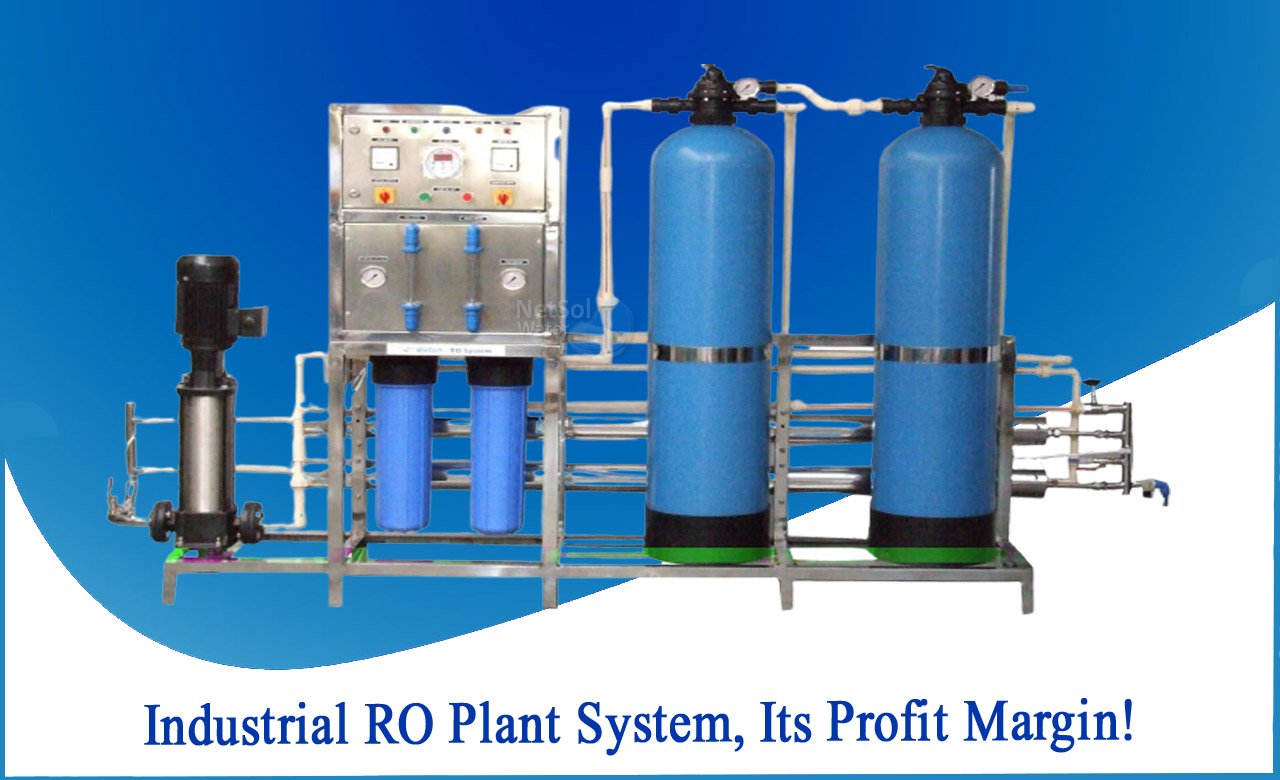NETSOL GIVES AN IDEA
Industrial water treatment encompasses a diverse set of technologies and systems that serve a variety of industries and purposes. Whether its water treatment, process purification and separation, wastewater treatment, or a mix of these, we've got you covered.
What does an industrial water treatment system include?
Water treatment, process purification and separation, and wastewater treatment are all examples of industrial water treatment. Which of these treatment kinds you require, as well as the unique requirements of your process and plant, will determine the specific equipment employed in your system. The following is a list of common pieces of equipment found in industrial water treatment systems:
1- Clarifiers for removal of suspended solids by sedimentation, flocculation, or coagulation.
2- Lime softeners for reduction of total dissolved solids (TDS) in feed and wastewater.
3- Oil/water separators and/or dissolved air flotation device for removal of oils.
4- Particle filtration for removal of larger particulates and suspended solids.
5- Membrane filtration for removal of dissolved particles, biological contaminants, and ionic substances.
6- Reverse osmosis or nano-filtration for water purification.
7- Filter presses for sludge dewatering.
8- IX columns for softening and/or selective removal of ionic substances, including hardness, alkalinity, chloride, mercury, metals and organics, among other substances.
9- Reactors and chemical additives for pH adjustment and/or precipitation of metals.
10- Control panel (depending upon desired level of automation).
11- Peripherals, including pumps, tanks, piping, valves, and skids.
The components of your industrial water treatment system will vary depending on your needs. The employment of these and other technologies to address a given treatment requirement can frequently be flexible, and understanding the elements that drive costs up or down can help you determine the optimal treatment system components to fit your goals and budget.
WHAT IS THE BUSINESS OF INDUSTRIAL RO WATER PLANT?
In the same way that we have RO water purifiers in our homes to remove contaminants from the supply water, an industrial RO water plant filters supply water and makes it safe to drink. Domestic RO purifiers filter water at a significantly slower rate than industrial ROs, which is the only difference between the two. For example, filling a 10 litre RO tank takes roughly 2-4 hours on average, whereas an industrial RO can produce up to 5000 litres of filtered water each year. We all know how significant the difference is, which is why such RO plants are employed to meet the demand for massive amounts of water. An industrial RO water purifier system, together with several other pieces of equipment, is placed in this business to provide high-quality filtered water that is free of dissolved and suspended contaminants. The filtered water is subsequently distributed to stores, workplaces, businesses, and educational institutions.
Let's get a general estimate of how much money will be needed to start this business. To start a RO water plant business, you'll need a certain amount of money. A RO water plant requires a RO system, a chlorination tank, an alum treatment tank, a sand and carbon filter, raw and purified water tanks, a UV disinfection system, and a variety of additional components. It is usually a good idea to purchase a RO plant from a reputable and well-known company like Netsol.
Profit Margin in the Business of Industrial RO Water Plants
It's not a bad idea to obtain a sense of the profit margin before starting a business. Now, if you want to have a basic estimate of how much profit you can make with a small size RO water plant business, we can assume that the profit margin will be approximately 25% to 35%. We hope that now that you have a rough idea of the budget required to start a basic small scale RO business, you can decide whether or not this is the right business for you. If you've already started this business and want to figure out the profit margin, you'll need to first figure out how many bottles of water you're producing each day, then multiply the amount of each bottle by the total number of bottles to figure out daily sales. For example, if you prepare 1000 jars of 10 litres per day and sell each for 20 rupees, your daily sales would be Rs-20000, and similarly calculate annual sales. After that, subtract all of your expenses for your RO plant, including employee salary, maintenance, electricity costs, rent (if you don't own the property), and any other costs. The difference is your profit, which you can then quantify in percentages. So, hopefully, you now have a better understanding of why you should establish an industrial RO plant business and what it would entail. Good luck with your search!



